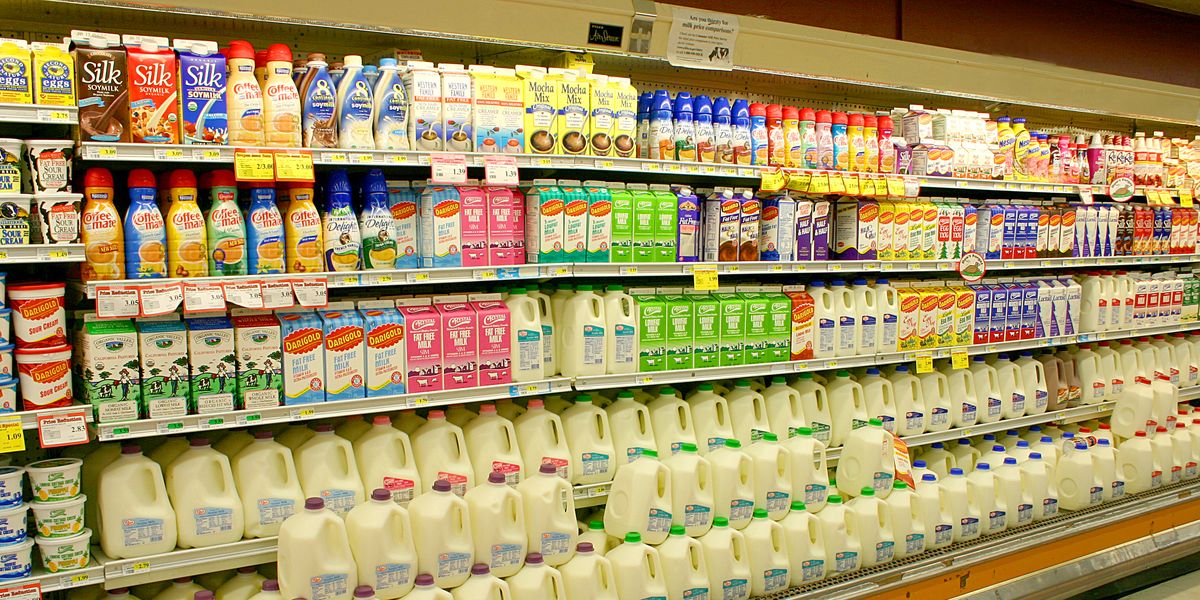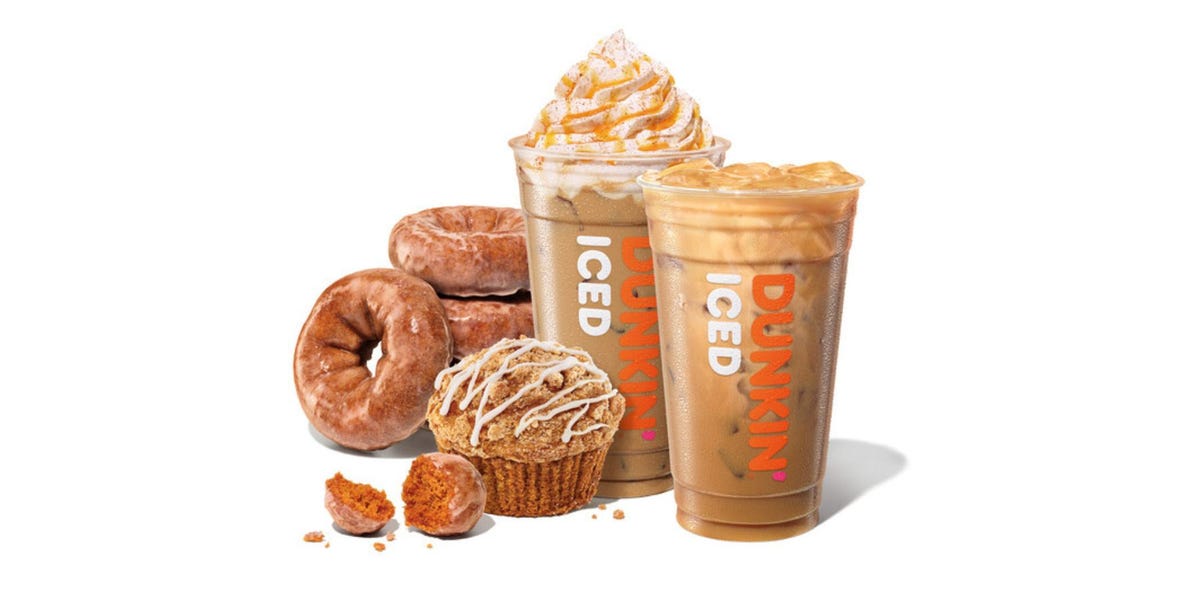
There’s no denying it:
plant-based milk is a grocery store staple. With new varieties constantly hitting the shelves (macadamia! hemp! pea!), it’s starting to feel like there’s nothing out there we haven’t milked. Many of these alternative milks thrive on the assumption that they are nutritionally superior to dairy milk. But are they really?
To get to the bottom of the non-dairy debate, I consulted two nutritionists and looked at multiple scientific studies. Here’s everything you need to know about whether that $7 pint of cashew milk is really worth the nutritional hype.
The Dairy Defendant
Before we talk about plant-based milk, let’s look at the thing it’s trying to replace: dairy milk. According to Ally Mast, RDN, dairy milk is a “mix of carbohydrates, high quality protein, and…fat.” It’s also a “good source of calcium and vitamin D,” both of which work together to build and maintain healthy bones, as well as potassium, which “can help with blood pressure management.”
Beyond this, Kim Yawitz, RD, owner of Two Six Fitness in St. Louis, says that dairy milk contains many other “essential nutrients, including…phosphorus, riboflavin, vitamin A, (and) vitamin B12,” and has been linked to “healthier gut bacteria (and) lower cholesterol.” In other words, dairy milk has some serious nutritional street cred.
There are a few potential drawbacks: dairy milk contains saturated fat and lactose sugar, which are both unhealthy if consumed in excess. But the amounts vary depending on the fat percentage of the milk you choose, and even eight ounces of whole milk, which contains eight grams saturated fat and 12 grams sugar, is not a terrible nutritional decision once in a while. So the case for the dairy milk is still pretty strong.
The Plant-Based Challenger
There are a few obvious advantages to plant-based milk. As Yawitz points out, it’s a “safe alternative for people with dairy allergies or lactose intolerance.” It’s also a great option for vegans. After those points, though, we hit a snag.
Determining any universal nutritional benefits of plant-based milk is tricky. There are over a dozen varieties and, while dairy milk nutrition is standardized, the nutritional value of a glass of plant-based milk depends on what the milk is made from—soy, almond, banana— and can differ between brands. Many manufacturers also add artificial sweeteners and stabilizers to their plant-based milk to improve the taste or texture and make the product last longer. These additives can also drastically impact the overall nutritional profile the milk. So it’s truly impossible to make any general statements about plant-based milk nutrition: you have to examine one variety at a time.
Despite the variance, there’s no denying that plant-based milks can offer significant nutritional benefits. Some plant-based milks, according to Yawitz, are even “higher in specific vitamins and nutrients than dairy milk.” An example of this is almond milk, which actually “contains more calcium than dairy milk.” Some milks, such as soy and almond, also contain healthier fats (“mono- and polyunsatured”) as opposed to the saturated fat found in dairy. And while most plant-based milks don’t naturally offer the power duo of calcium and Vitamin D that dairy milk does, many store-bought brands fortify their milk with both in an effort to create a more well-rounded product.
Some plant-based milks can also be healthier options for people with specific dietary or health conditions. For example, Mast says that many plant-based milks are lower in protein, which can be helpful for people with kidney disease. Additionally, low-carbohydrate milks such as almond, hemp, coconut, and cashew are good options for those on a keto diet. Depending on what dietary or health conditions you have, a plant-based milk might be the way to go.
So Is It Actually Healthier?
For most people, plant-based milk is not objectively healthier than dairy milk, but it can be a healthy alternative. Just remember that not all plant-based milks are created equal, so it’s important to read the labels and choose a milk that will provide as much nutritional value as possible.
Look for options that are unsweetened and free of added sugars and fortified with calcium, Vitamin D, and potassium. At the same time, keep in mind that you should also like the taste of the milk you choose. Fortified mustard seed milk could be the most nutritious drink on the planet, but that doesn’t mean you should feel obligated to start your day with a big glass of it. Try to strike a healthy (and healthful!) balance. Also, just remember: the milk you drink is only one part of your daily diet. Your entire well-being will not solely rely on what carton of milk you stock in your fridge.


















Leave a Reply